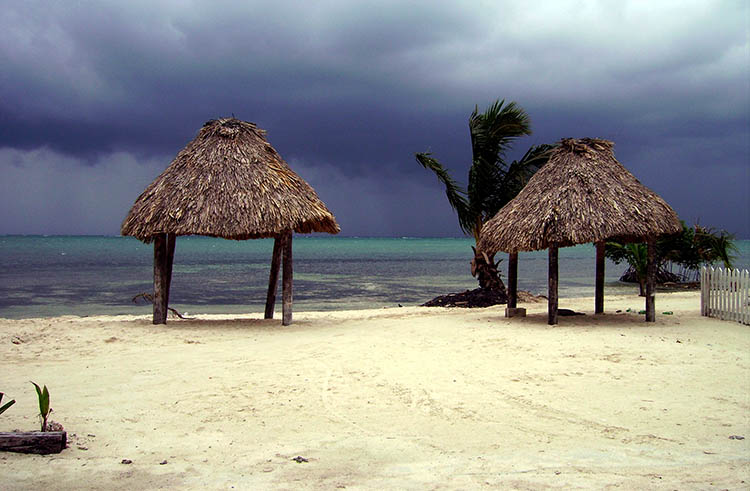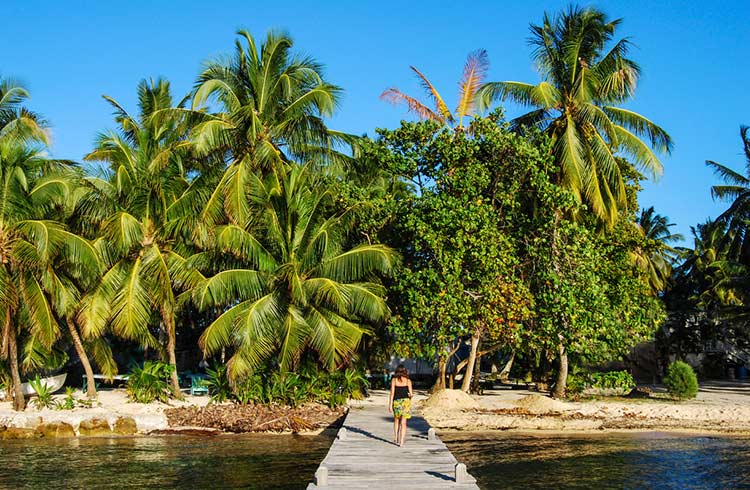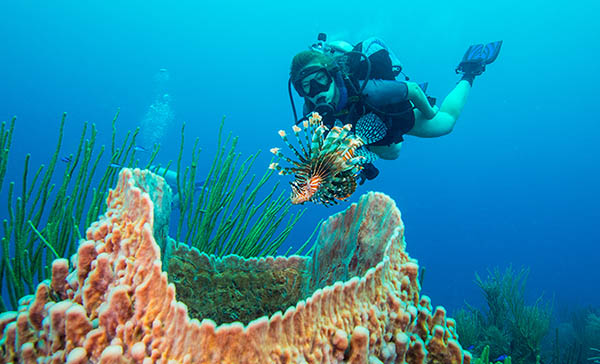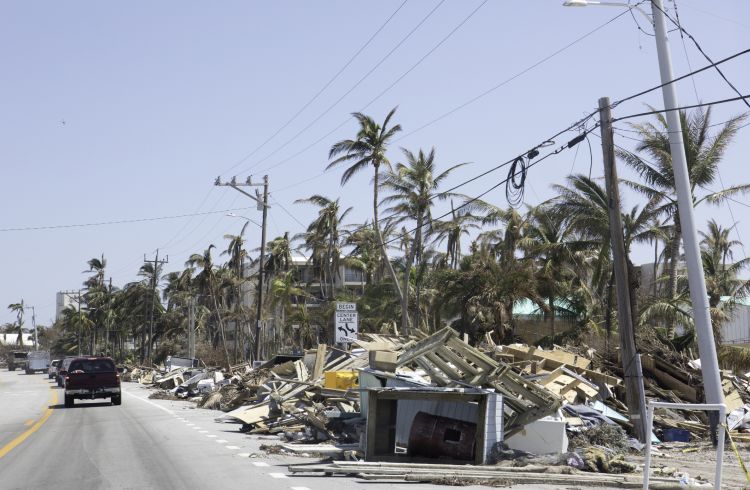Belize Travel Alerts and Warnings
What are the issues affecting travelers in Belize? Read the latest travel warnings and alerts.
 Photo © Getty Images/gionnixxx
Photo © Getty Images/gionnixxx
Coronavirus (COVID-19) travel restrictions in Belize – updated 13 August 2021
Requirements to enter Belize from 12 August 2021
All travelers (both vaccinated and unvaccinated) entering Belize through the Philip Goldson International airport, or by sea, will be required to present a negative COVID-19 test.
Requirements to enter Belize from 1 October 2020
The Belize Government has announced the reopening of Philip Goldson International airport from 1 October.
Land borders will remain closed when airports reopen.
When international flights resume, foreign travelers must meet the following requirements (which are subject to change):
- Book accommodation at an approved hotel
- Download the Belize Health App, fill out required information, and register your trip with your booking confirmation number
- Obtain a negative PCR COVID-19 test result 72 hours before departure
- If you are unable to obtain a COVID-19 PCR test before departure, you will be tested for COVID-19 at the airport (at your own cost), and must wait for your results
- Anyone with a positive test result will be placed into 14 days mandatory quarantine at their own expense. To be cleared from quarantine, you must produce two negative tests at the end of this period.
Travelers who have met all requirements and are approved to leave the airport will then be transported to their Gold Standard approved accommodation, and can participate in Gold Standard approved activities and tours.
The process for repatriation of Belizeans (including diplomats, permanent residents, Belizean diaspora, and Qualified Retired Persons) is outlined here.
What to expect in Belize
Regulations remain in force to prevent the spread of COVID-19. Face masks must be worn in public, and people must continue to follow distancing guidelines and practice good hygiene. Be prepared for further restrictions to be imposed with little notice if cases of COVID-19 begin to rise.
Central America Hurricane - 4 August, 2016
Hurricane season falls between 1 June – 30 November each year, and tropial storms and hurricanes do occur in Belize. Read these tips on how to survive a hurricane if you are traveling during hurricane season.
In August 2016, Earl, a Category 1 hurricane with sustained winds of 75 mph, will bring heavy rain and high winds to Central America and Southern Mexico through the remainder of the week. Affected areas include Belize, northern Nicaragua, Honduras, northern Guatemala, and the Mexican state of Quintana Roo. Up to a foot of rain is anticipated, creating flooding, mudslides and travel delays; dangerous surf conditions along the coast of the affected areas can also be expected.
Storms can be unpredictable and shift courses, and travelers to the region should be prepared for travel disruptions and power outages. If the storm continues on its current path, it should begin to weaken as it moves inland, but if it veers over water again it could pick up strength before making landfall one more time.
How to Survive a Hurricane
- Never go out during the storm. The winds can send flying debris right into you causing injury and even death.
- Stay away from windows and doors.
- Keep on the alert for additional storm warnings.
- While the storm is in progress avoid using electrical appliances.
- Stay off the telephone.
- All pets should be secure in carriers. The storm will be a frightening experience for them as well, and they could injure themselves or even you if the animal panics.
- Do not light candles or lanterns; they could get blown over causing a fire.
- The eye of the storm passing over could make you think the storm is over when the worst is still yet to come. Only use this calm in an extreme emergency to make critical repairs.
- Only after an official "all clear" has been issued is it safe to come out.
What to Do After a Hurricane
- Beware of downed power lines and gas leaks.
- Stay away from heavily damaged areas.
- Check with media sources for instructions.
Before you buy a travel insurance policy, check your government travel warnings and health advice – there may be no travel insurance cover for locations with a government travel ban or health advice against travel.
Related articles
Simple and flexible travel insurance
You can buy at home or while traveling, and claim online from anywhere in the world. With 150+ adventure activities covered and 24/7 emergency assistance.
Get a quote


No Comments